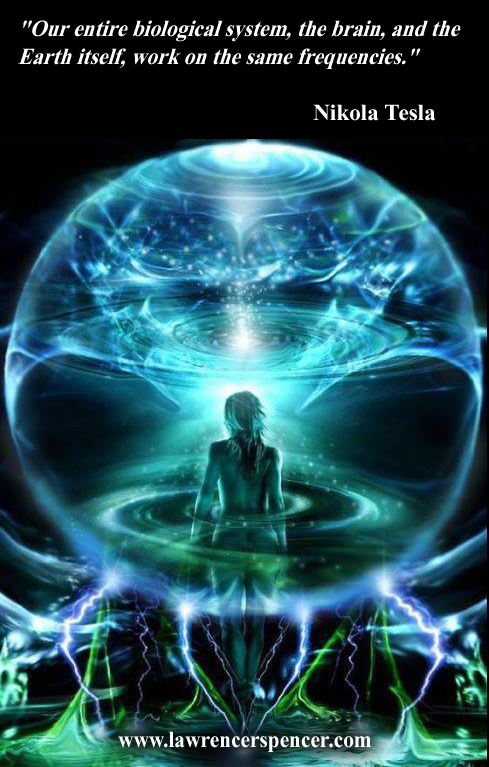Republished by Blog Post Promoter
 Definition of hubris: exaggerated pride or self-confidence.
Definition of hubris: exaggerated pride or self-confidence.
Human beings, with rare exceptions, do not confront their own mortal frailty. Humans die. Only spirits are immortal. A human is an immortal spirit who temporarily animates a fragile body. The tragedy of humans is their failure to be the spirit they really are.
The English language picked up both the concept of hubris and the term for that particular brand of cockiness from the ancient Greeks, who considered hubris a dangerous character flaw capable of provoking the wrath of the gods. In classical Greek tragedy, hubris was often a fatal shortcoming that brought about the fall of the tragic hero. Typically, overconfidence led the hero to attempt to overstep the boundaries of human limitations and assume a godlike status, and the gods inevitably humbled the offender with a sharp reminder of his or her mortality.
To the Greeks, hubris referred to extreme pride, especially pride and ambition so great that they offend the gods and lead to one’s downfall. Hubris was a character flaw often seen in the heroes of classical Greek tragedy, including Oedipus and Achilles. The familiar old saying “Pride goeth before a fall” is basically talking about hubris. — Merriam-Webster Dictionary


